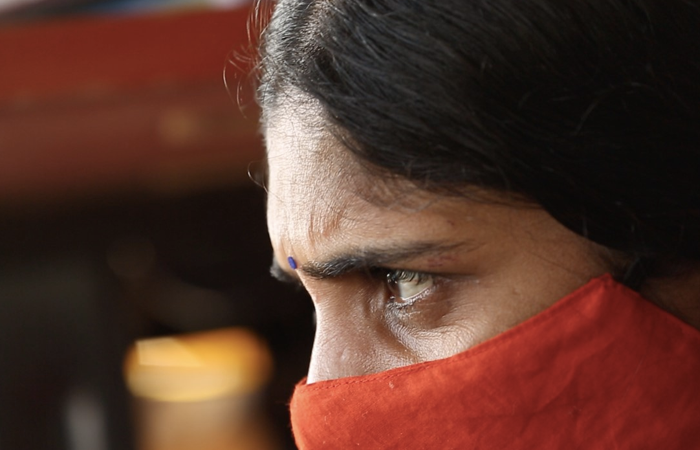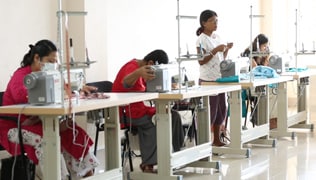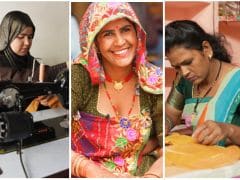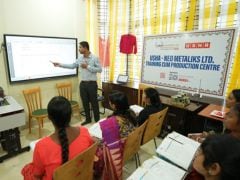Life After Silai School: This Is How The Rape Survivors Are Becoming Empowered And An Inspiration For Others
Determined to uplift their economic condition and make a better future for themselves, the survivors of rape and trafficking in a district of Madhya Pradesh are fighting the stigma with the help of USHA Silai School. The Silai School initiative is not only helping them develop skills but is also encouraging them to becoming a symbol of hope and courage for others.
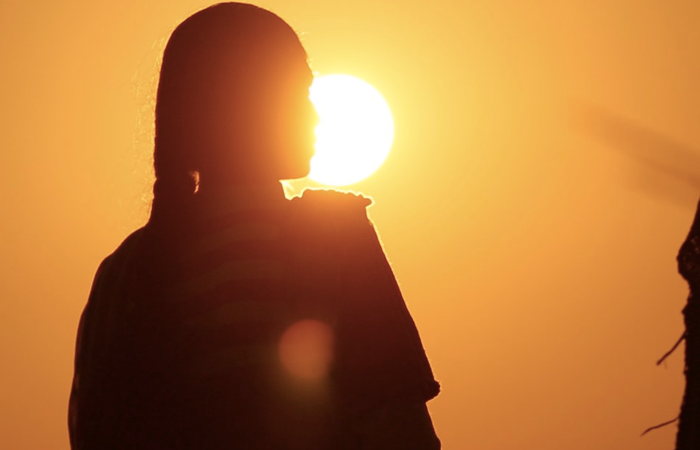
With steady steps and a determination to walk towards a better future, Maya (name changed), a rape survivor and a victim of trafficking, who was abandoned by her husband and her parents after the crime, has defeated all odds and has become a trainer at USHA Silai School that runs in a remote village in Madhya Pradesh. She told NDTV that because of the stigma of rape, she was struggling to live with dignity and even today, after seven years, her husband's family do not allow her to meet with her children. While Maya is still battling to break the stigma, she has become an inspiration for learners at USHA Silai Schools.
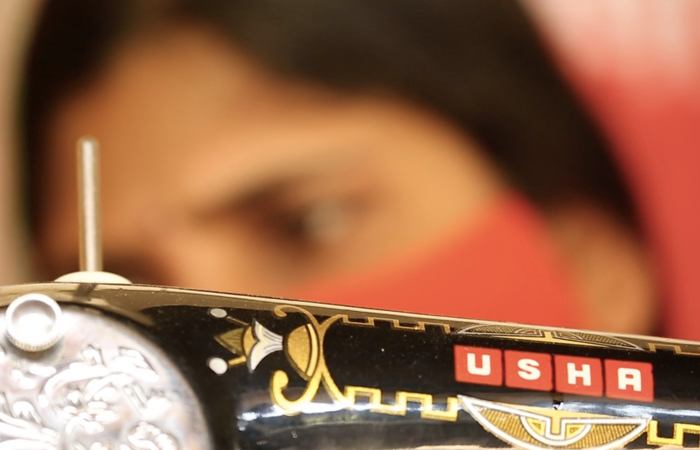
When the COVID-19 pandemic hit the country and a lockdown was imposed across the nation by the government in order to break the chain of the transmission, Maya's work was affected but she did not lose hope. Instead, she then started taking online classes and taught her students about the right technique of making masks after receiving a special one-month long training from USHA. This not only helped her continue earning a livelihood but also helped her learners face the economic crisis caused by the pandemic without much problem.
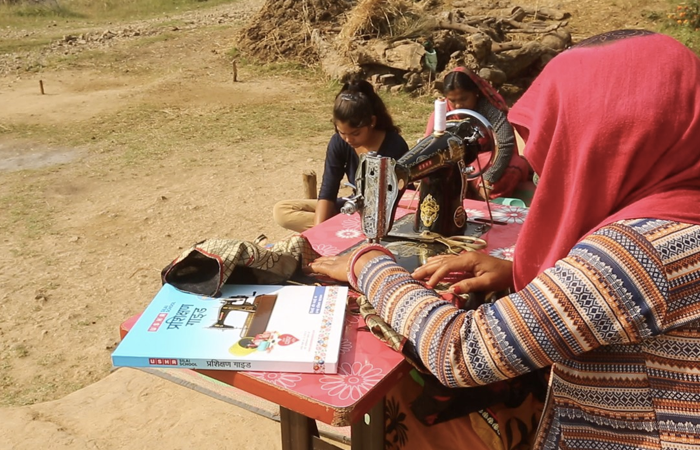
Asha (name changed) is another rape survivor who has stitched a better future for herself through skill development at USHA Silai School. While Asha and her family had to face stigma from their community in the village, the attitudes began to change and the acceptance started to trickle in as she began earning a livelihood through stitching and became financially independent.
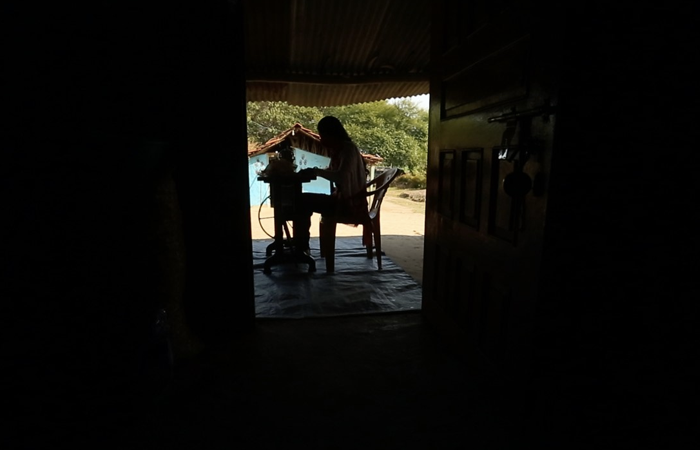
According to Ashif Shaikh, Founder and Director, Jan Sahas Sansthan, a non-governmental organisation based in Madhya Pradesh that works towards promoting development and protection of socially excluded communities, the USHA Silai School model is not just helping in the economic rehabilitation of rape survivors but in their social rehabilitation as well.
Adopt a Silai School
About the Initiative
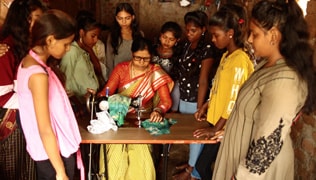
Kushalta Ke Kadam, an initiative by USHA Silai School and NDTV has entered its eighth season. The aim is to empower more women across rural India by teaching them sewing skills and helping them open new doors of opportunities for themselves. The initiative encourages rural women to become financially independent and entrepreneurs by taking up sewing and training others in their respective communities.
Since 2011, the USHA Silai School initiative has trained more than 12 lakh rural women through over 33,000 Silai schools, spanning over 20,751 villages across India.
The women earn Rs. 4,000 – 5,000 per month on an average, with the highest recorded monthly earning being Rs. 84,000 in a month. This earning works as a catalyst towards building their self-confidence, reducing gender inequities, and raising their stature within their families and in society at large.
Latest Stories
- Team NDTV | Monday February 16, 2026
Odisha's Suchismita Sahu, Rajasthan's Preeti Prajapat, Manipur's Akhirun—Usha Silai School's Kushalta Ke Kadam celebrates these awardees, from homemakers to master trainers earning accolades
- Team NDTV | Thursday February 12, 2026
From Ladakh peaks to Assam fringes, Usha Silai School trains tribal women in Turtuk, Kargil & Dakhinkuchi—crafting livelihoods with armed forces, NHPC & NGOs. Stitching national resilience
- Team NDTV | Thursday January 29, 2026
From West Bengal's transgender tailors to Telangana's tribal seamstresses and Meghalaya's embroidery revivalists, Usha Silai School's Kushalta Ke Kadam partners with NIRDPR and state governments
- Team NDTV | Tuesday February 03, 2026
In Odisha's mining heartlands, Mahanadi Coalfields Limited teams with Usha Silai School's Kushalta Ke Kadam and Gram Utthan, empowering tribal women turning them into entrepreneurs
- Written by Team NDTV | Friday January 02, 2026
Usha Silai Schools give second chances to women like Srinagar's Marifat, who rebuilt after widowhood; Madhya Pradesh's Jyoti, escaping abuse to run her own center; and Rajasthan's Vimla, rising from child marriage to tailor and teacher. Through nine-day training, they gain sewing skills, confidence, and income proving one stitch mends lives and inspires communities.
- Team NDTV | Friday December 26, 2025
A new wave of corporate-community partnerships is equipping rural women with skills, income and confidence

